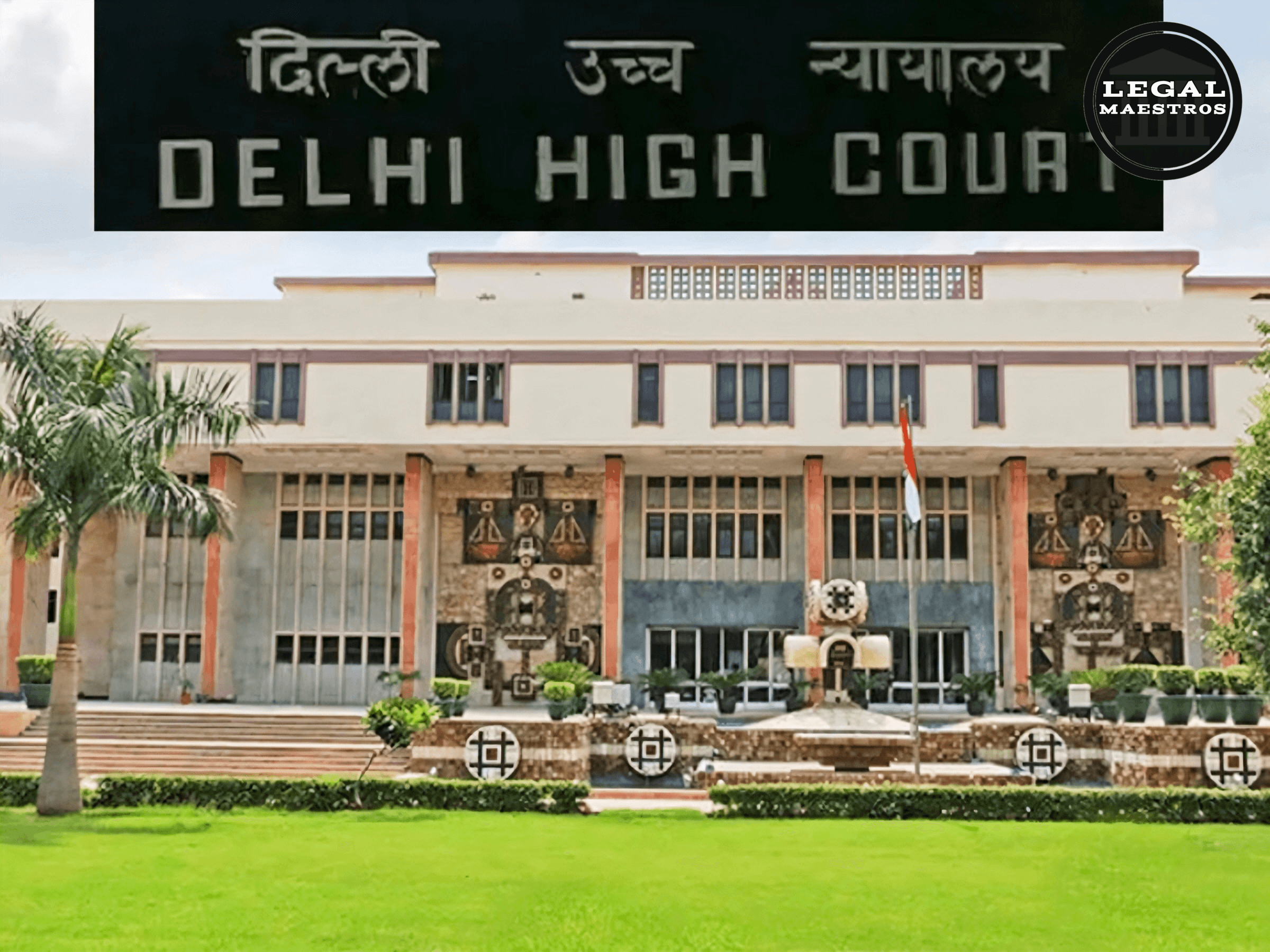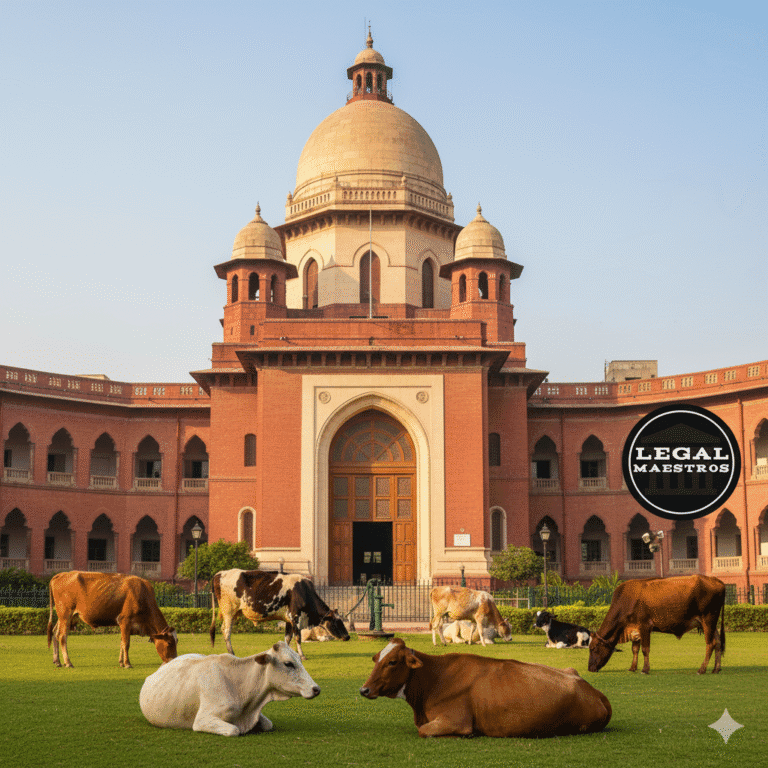
New Delhi, July 7, 2025: A strong warning that has been delivered by the Delhi high court to Patanjali Ayurved on Thursday has directed the company to stop the advertisements on its Chyawanprash product which have made unrealistic claims of efficacy and have taken digs at the other brands of the company especially those of Dabur. This interim injunction was a decision of Justice Mini Pushkarna after Dabur pleaded that Patanjali was misleading consumers and demeaning its own long selling product.
The bone of contention is that Patanjali has been advertising in its ad-campaign with its founder Baba Ramdev who criticized the authenticity and quality of other products of Chyawanprash available in the market. The major bone of contention was the implied and obvious insinuation that Chyawanprash with 40 herbs was ordinary, something which was obviously a jibe at Dabur 40+ herbs, a much-publicised product. In that regard, Dabur appeared to be subprime owing to the fact that the allegations made by Patanjali were not only defaming its own product but also denigrating its compliance with the ethos of Ayurveda, thus making its Chyawanprash inferior.
Observing the case, the High Court said that there was a clear case of disparagement. The court emphasized the extra luggage that the advertisements had on them by virtue of the fact that they were being promoted by Baba Ramdev who could rightly be said as a popular face in Ayurveda. On the one hand, the court positively expressed the right of Patanjali to position its product as the best, but on the other hand, it definitely affirmed that such right does not give the company the ground to disseminate false information about other competitors and the implication that other manufacturing companies cannot have sufficient knowledge and technical expertise to create the genuine Chyawanprash in harmony with the Ayurvedic books.
For any queries or to publish an article or post or advertisement on our platform, do call at +91 6377460764 or email us at contact@legalmaestros.com.
This is not the first time that Patanjali had come under a legal fire over its advertisements as the court has also ruled against Patanjali over its validity of claiming modern medicine as the Supreme Court had issued strictures on the matter previously. The outcome of the case in the Delhi High Court is a strong reminder of how deceptive advertising is coming under the gaze of the judiciary which is in particular the wellness and fast-moving consumer goods (FMCG) industries where consumer confidence is key. The case will be taken back to the docket on July 14, 2025, and the injunction against the impugned advertisements will continue till that day.
Interpretation of Article 19(1) (a) and the Development of Commercial Speech Rights in India
The decision against the advertisement of Patanjali is a direct result of the way Article 19(1)(a) of the Indian Constitution interprets the fundamental right to freedom of speech and expression. Though this is a fundamental right to India and her democratic set-up, it is not an absolute right and it is subject to certain restrictions which are said to be reasonable restrictions and which are stipulated in Article 19(2).
In India, commercial speech, whose essence is speech that suggests a commercial deal, the like of advertisements, has been under a different stage of judicial interpretation. At the beginning, it was a bit vague as to whether Article 19(1) (a) covered commercial speech. But with a number of significant rulings, the Indian court has finally declared its participation.
The earlier law Hamdard Dawakhana v. Union of India (1960), the Supreme Court took a slightly circumspection path implying that advertisements that were mostly correlated to commerce or trade, especially the prohibited substances ones would not have the benefit of delivering complete protection under Article 19(1)(a).
This view was however expanded greatly in later cases. In Indian Express Newspapers v Union of India (1986) the Supreme Court made it clear that commercial advertisements fell within the protection of Article 19(1) (a) simply because they were the products of a business. The Court recognized the importance of the free flow of commercial information to a healthy economy and to an informed citizenry.
The final word came in the form of a landmark case between Tata Press Limited v. The Mahanagar Telephone Nigam Limited (1995). In this case the Supreme Court categorically stated that commercial speech is in fact part and parcel of freedom of speech and expression which is guaranteed by Article 19 (1) (A). The Court emphasized that advertisement plays a major role in sustaining the economic system and that any form of restriction against it would offer a setback to the general population in regards to the accessibility of useful information about products and services. Most importantly, if it also provided that such advertising was false, misleading, unfair and deceptive, then it would not enjoy this protection.
Such appreciation of commercial speech as a basic right does not however lack limitations. It is not altogether without reasonable limitations that Article 19(2) can impose. Such limitations may be done in the name of national sovereignty, national integrity, state security, cordial relations with other countries, order, decency or morality, court abuses, defamation or the attempted incrimination. In the context of commercial speech, this would mean that it is possible to prohibit by law all misleading, false, or disparaging advertisements, or, in other words, protect consumers and secure healthy market competition, like in the Patanjali case. In response to the principles of free speech in commerce, Indian courts have persistently attempted to create a balance between the freedom of commercial speech and the higher interests of society to stop fraud and advance ethical marketing principles.







